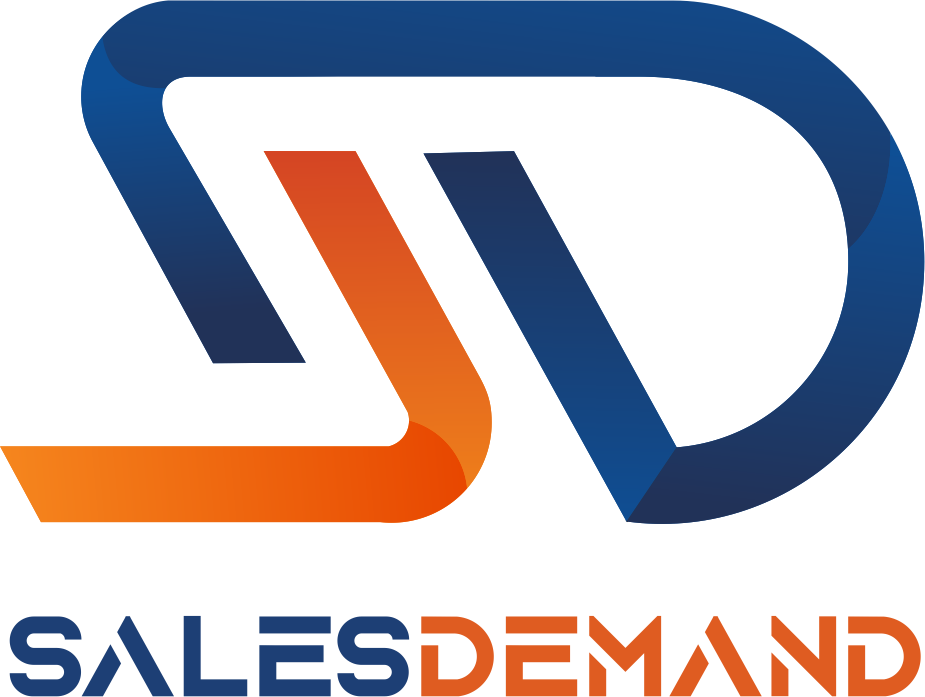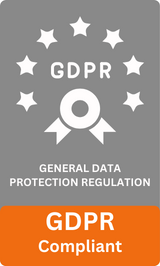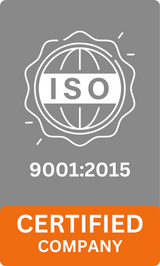
In 2025, artificial intelligence isn’t just an optional upgrade, it has become the engine driving every high-performing B2B team. The most successful organizations are using AI to automate repetitive work, boost productivity, and make smarter, data-backed decisions. From automating lead qualification and content creation to enhancing customer engagement, AI is changing the way sales and marketing collaborate. The difference between teams that are scaling fast and those that are struggling often comes down to the tools they use and how intelligently they use them.
Today’s AI-powered platforms are not only automating workflows but also redefining strategy. For B2B leaders, it’s no longer about adding tools, it’s about integrating the right ones that can multiply impact. Let’s explore five of the best AI tools that are redefining how B2B teams work, innovate, and grow in 2025.
Table of Contents
ToggleThese 5 Best AI Tools are Transforming B2B
1. ChatGPT
The first and most widely recognized tool is ChatGPT. While initially known for conversational AI, ChatGPT has evolved into a business co-pilot. For B2B teams, it streamlines research, drafts emails, generates proposals, and even writes outreach scripts in minutes. Sales teams are using it to personalize client communication at scale, while marketers are leveraging it to generate blog ideas, optimize SEO, and summarize large amounts of market data. What sets ChatGPT apart is its ability to adapt to brand voice and context, making every piece of content sound human and aligned with company tone. Integrated with CRMs and workflow tools, it can reduce manual writing time by over 40%, freeing teams to focus on strategy instead of scripting.
2. Jasper AI
Next on the list is Jasper AI, a creative powerhouse tailored for content marketers and brand teams. Jasper combines AI writing with style customization, SEO optimization, and collaboration tools. For B2B marketers handling multi-channel campaigns, Jasper simplifies the process of creating high-performing copy across websites, emails, and social posts. Its ability to learn brand guidelines ensures consistency, which is critical for B2B communication where credibility is key. Many organizations report cutting down campaign production time by half, while improving content engagement rates by 25%. Jasper also integrates with SurferSEO and HubSpot, making it ideal for teams that want speed without sacrificing precision or tone.
3. HubSpot AI
HubSpot AI comes next as a game-changer in marketing automation. HubSpot’s built-in AI now powers lead scoring, content personalization, predictive analytics, and campaign optimization. For B2B teams, this means having data-backed insights about which leads are most likely to convert, which content resonates best, and when to reach out. HubSpot AI transforms a typical CRM into a growth engine, analyzing behavior patterns, suggesting outreach improvements, and automating responses in real-time. Businesses have seen up to 30% faster lead responses and improved pipeline forecasting accuracy. In short, it takes guesswork out of marketing decisions and replaces it with clarity and confidence.
4. Apollo AI
Apollo AI, another standout, is redefining how B2B sales teams identify and reach prospects. It combines prospect intelligence with automated outreach and engagement scoring. Apollo’s AI can identify ideal customer profiles based on data from millions of contacts, helping teams target with laser precision. It can also write hyper-personalized outreach messages that improve reply rates and shorten sales cycles. By automating lead research and sequencing, sales teams have reported saving over 20 hours a week while increasing conversion rates by up to 35%. The platform’s integration with CRMs ensures a seamless experience from discovery to deal closure, making it one of the most practical AI investments for modern sales operations.
5. Notion AI
Rounding out the list is Notion AI, a quiet but powerful tool that supports B2B teams behind the scenes. Notion AI enhances productivity and knowledge management by automating meeting summaries, project documentation, and content ideation. For teams that collaborate across functions, it ensures that notes, updates, and plans are always organized and accessible. Its ability to summarize and connect ideas helps leaders make informed decisions faster. Many marketing and operations teams now rely on Notion AI as their internal intelligence hub, saving 30% of time previously spent on admin work and information management.
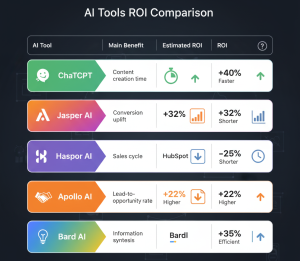
How Leading AI Tools Deliver Measurable ROI for B2B Teams
While every AI tool brings its own strengths, their true impact is best understood through measurable results. B2B teams across industries are reporting faster workflows, higher engagement, and smarter decision-making thanks to these intelligent platforms. The following snapshot highlights how leading AI tools are delivering real ROI in 2025.
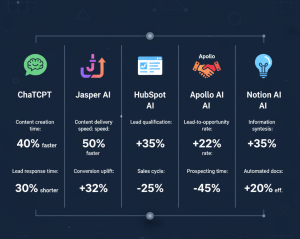
These numbers reveal a clear pattern, AI isn’t just improving efficiency; it’s transforming how B2B teams operate. The tools that combine intelligence with usability are enabling businesses to scale faster, collaborate better, and achieve consistent growth across every function.
The Future of AI in B2B: Collaboration Over Competition
As impressive as these statistics are, the true power of AI lies not only in the tools themselves but in how teams use them together. Forward-thinking organizations are blending multiple AI systems into one ecosystem, connecting marketing automation, content creation, and CRM analytics to deliver end-to-end efficiency. When ChatGPT’s creativity meets HubSpot’s analytics and Apollo’s targeting, the result is a seamless customer journey built on intelligence and personalization.
The shift we’re witnessing in 2025 is not just technological, it’s strategic. AI is no longer a tool that works in the background; it’s becoming an active collaborator. B2B teams that embrace it as a partner are seeing measurable improvements in response rates, deal velocity, and team morale. The once manual, linear sales and marketing process is now dynamic, predictive, and personalized. The efficiency gains are measurable, but the cultural impact, teams feeling more creative, informed, and empowered, is equally valuable.
As we move toward 2026, the next evolution of AI in B2B will focus on deeper integration and ethical intelligence. Tools will not only predict behavior but also ensure that decisions align with fairness and compliance. Data transparency, bias detection, and responsible automation will define the next phase of AI transformation. Companies that invest early in AI literacy and governance will hold a strategic advantage, knowing how to scale responsibly while maintaining customer trust.
AI is changing the rhythm of B2B operations. It’s helping leaders make faster decisions, personalize customer interactions, and unlock time for creative problem-solving. But success with AI isn’t about chasing every new tool; it’s about mastering the right ones that align with business goals. Whether it’s ChatGPT drafting personalized proposals, Jasper refining brand tone, HubSpot predicting buyer intent, Apollo finding the perfect lead, or Notion keeping teams aligned, each of these tools adds a new layer of intelligence to the B2B ecosystem.
The future belongs to teams that learn to collaborate with AI, not compete with it. By using these tools strategically, B2B leaders can turn technology into a growth partner rather than a replacement for human intuition. AI may power the processes, but people still drive the purpose, and that’s where the winning edge lies.
Conclusion:
The evolution of AI in B2B isn’t about replacing human intelligence, it’s about amplifying it. As teams integrate the right tools with strategy and empathy, they’ll move beyond automation toward true innovation. In 2026 and beyond, the most successful B2B organizations won’t just use AI, they’ll partner with it to build smarter, faster, and more human-centered growth.
I hope you find the above content helpful. For more such informative content, please visit SalesDemand.
